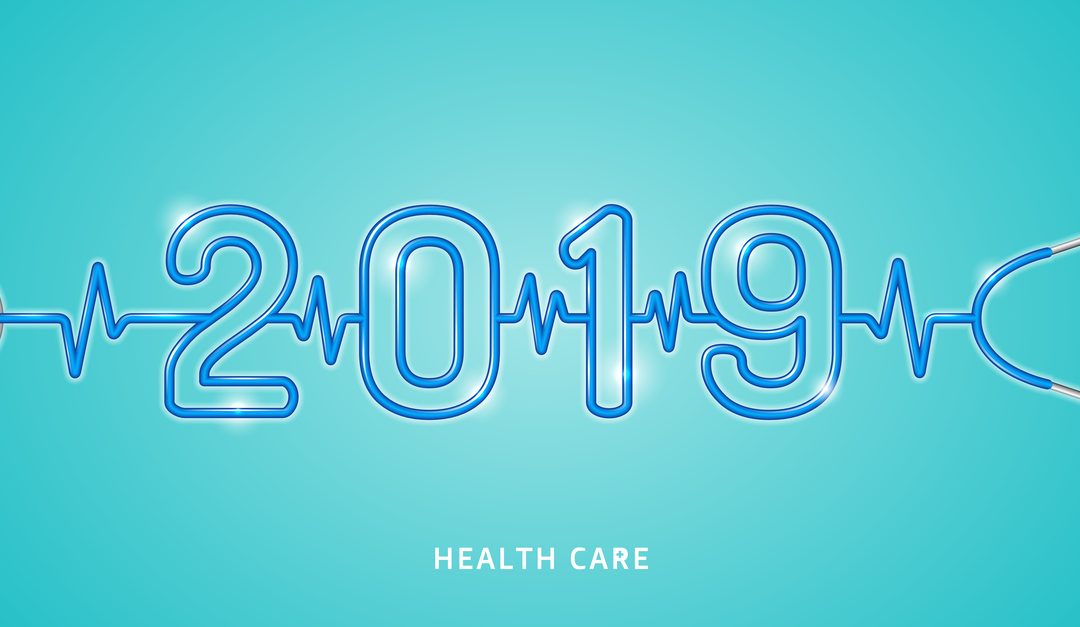2019 in Healthcare Technology Trends.
As we begin a new year, it is an opportune time to look ahead at the next 12 months and consider how the landscapes we operate in look set to evolve and change.
In this blog, we’re considering the healthcare technology sector – one of the fastest-moving and most exciting segments of the technology industry, and one in which we are proud to partner with some of the world’s leading specialists. Through these partners, we are able to deliver medical-grade displays and touchscreens, medical-grade PCs, interactive kiosks and more, and as the UK’s sole distributor for Howard Medical, we can supply some of the most advanced mobile medical carts in the world.
It all leads towards an integrated, digitised approach to healthcare, one which removes the need for healthcare practitioners to handle cumbersome and sometimes inaccurate paperwork, and allows different groups of stakeholders to share – and contribute to – patient information seamlessly.
And this, in turn, supports the NHS’s Paperless 2020 initiative, which we are of course moving within touching distance of in 2019.
Readiness for Paperless 2020, then, has to be our core healthcare technology prediction for the year ahead. Electronic health record (EHR) systems are the core of the Paperless 2020 strategy, since they are the software that enables patient medical information to be generated, stored, shared and collaborated on centrally and digitally, by multiple different healthcare organisations. In the year ahead, then, we expect such systems to gain yet more traction within the NHS – and, therefore, for responsive digital interfaces to be an increasingly common sight in NHS settings. 2019 could be the year where engagement with such interfaces becomes the patient norm; we have already seen a range of telemedicine applications, offering smartphone-based doctors’ appointments, hit the headlines in 2018.
Indeed, the patient-facing end of the healthcare technology is where some of the most dramatic innovations are taking place. Last year, it was revealed that Apple had hired dozens of doctors, suggesting a serious move to stake a claim on healthcare technology ground. Also last year, the Apple Watch launched an electrocardiogram which can monitor the wearer’s heart rhythm and identify abnormalities. 2019, then, could see the likes of Google and Amazon scrambling to catch up, and something of an ‘arms race’ for the manufacturers of healthcare wearables more generally. As consumers get more familiar with the idea of a wearable device – or even an implanted device – being able to accurately gather key medical information and ultimately better monitor their health, we may see such devices becoming the latest ‘must-haves’ as part of the broader trend for ‘wellness’.
This notion of consumer familiar as at the heart of shifting all healthcare technology innovations from the niche to the headline-grabbing. One of the most significant healthcare technology changes we may notice in 2019 will simply be a substantial increase in the number of news stories and high-profile discussions of how the latest hardware, software and data analytics can generate lifechanging improvements in patient diagnosis, treatment, and ongoing care.

